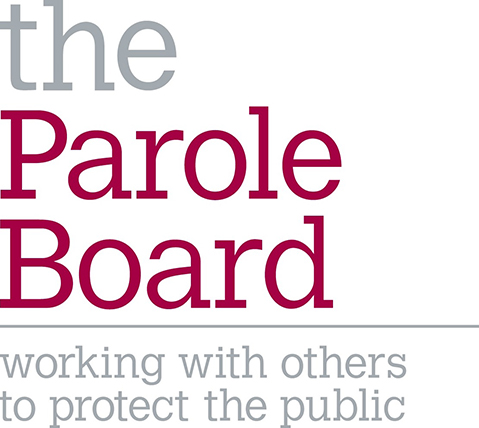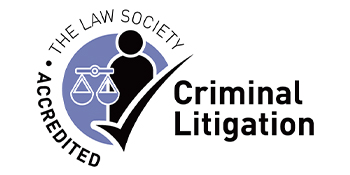STRAIN
A'I GWMNI
AND COMPANY
14A Stryd Penlan, Pwllheli, Gwynedd

Review of the Parole Board

Date: 2019-02-06
The Parole Board is an independent body that carries out risk assessments on prisoners serving certain sentences to determine whether they can be safely released into the community. When a person is considered to be fit for release it means that their risk has been reduced to a level where it is low enough to be effectively managed in the community, not that they pose no risk at all.
Last year the Parole Board decided that the so-called ‘black cab rapist’, John Worboys, was fit for release. Various challenges were made to the decision and it was subsequently overturned by the High Court, and he remains in prison. As a result of that case the Parole Board system was reviewed, following the review there was a public consultation on further reforms. The government have now reported on the outcome of the further review and announced various changes to be introduced.
Reconsideration mechanism
The main change is to create a new reconsideration mechanism. A model has been developed for how this should operate, and it will apply where it appears the decision is legally flawed or meets judicial review type criteria. A victim liaison officer will advise victims on how the process operates and the timescales involved. The representations will be made to the Public Protection Casework Section so there will be no need for court proceedings, thereby reducing the cost considerably. The PPCS will then refer appropriate applications to the Parole Board for reconsideration.
Prisoners will also be able to apply for reconsideration if they believe a decision not to release them was flawed. These applications will be made directly to the Parole Board.
Victims
A Victim Contact Scheme is to be rolled out to a wider range of victims with an aim to improve victim engagement and communication. Victims will be provided with information on the sentence, how it operates and when a prisoner is likely to be considered for release.
A victim can make representations to be considered by the Board for licence conditions and will be told the extent to which the representations were considered, and a decision summary can also be requested. A Victim Personal Statement can be produced, and the Victims’ Code will contain a presumption that those who wish to read out their VPS can do so unless there is good reason not to, such as safety or security issues. A victim will also be able to request that their VPS is not disclosed to the offender.
Transparency and openness
The Parole Board will publish a series of Standard Practice guidance to provide clear and public information about what sort of information and factors are taken into account in decision making. Consideration was given to allowing public access to hearings; this is not to be allowed due to the privacy, security and practical barriers as the hearings are held in prisons.
Evidence requirements
Standard Directions on evidence will be published to make clear the standard requirements for parole cases, and the requirements for a “core dossier” will be set out. New rules on service and transmission of evidence will be introduced along with new timescales. Crucially, guidance has now been issued outlining how wider alleged offending can be taken into account. This means that offences that haven’t resulted in conviction can, for the first time, be considered.
Quality assurance
A tailored review (see below) will look at statutory options which could include the creation of quality assurance or inspectorate style functions. Training will take place for members on how to deal with unconvicted offences, and there will be mandatory training on effective questioning skills.
Efficiency and effectiveness
Measures are planned to ensure cases are processed and concluded in a robust and timely way. A new Policy Framework will implement identified improvements to timescales, and the Standard Practice guidance will clarify the procedures and processes to follow.
What happens now?
Some of these measures are already being introduced and others are expected over the coming months. A Tailored Review of the Parole Board will now take place to consider whether there is a case for further, more fundamental, reforms. This will include considering whether the Parole Board should be reconstituted to become a judge-led tribunal and whether the powers or responsibilities conferred on the Board should be changed.
How can we help?
If you would like to discuss any aspect of your case, or how your sentence may be affected by this review, please contact Bethan Williams on 01758 455 500
Back to view all blog posts.
Our Specialties Include:
> Personal Injury
> Matrimonial & Family Law
> Criminal
> General Disputes & Litigation
Useful Information
> Legal Costs Funding & Appeals
> Resources & Articles
> Accreditations & Awards
> Testimonials
>Private Client Rates
Contact Us
Address: 14A Stryd Penlan, Pwllheli, Gwynedd
Phone: 01758 455500
E-mail: office@strainandco.co.uk

© 2025 Strain and Company. Authorised and Regulated by the SRA firm no 644052. All Rights Reserved. Privacy Notice.
Website by Delwedd.